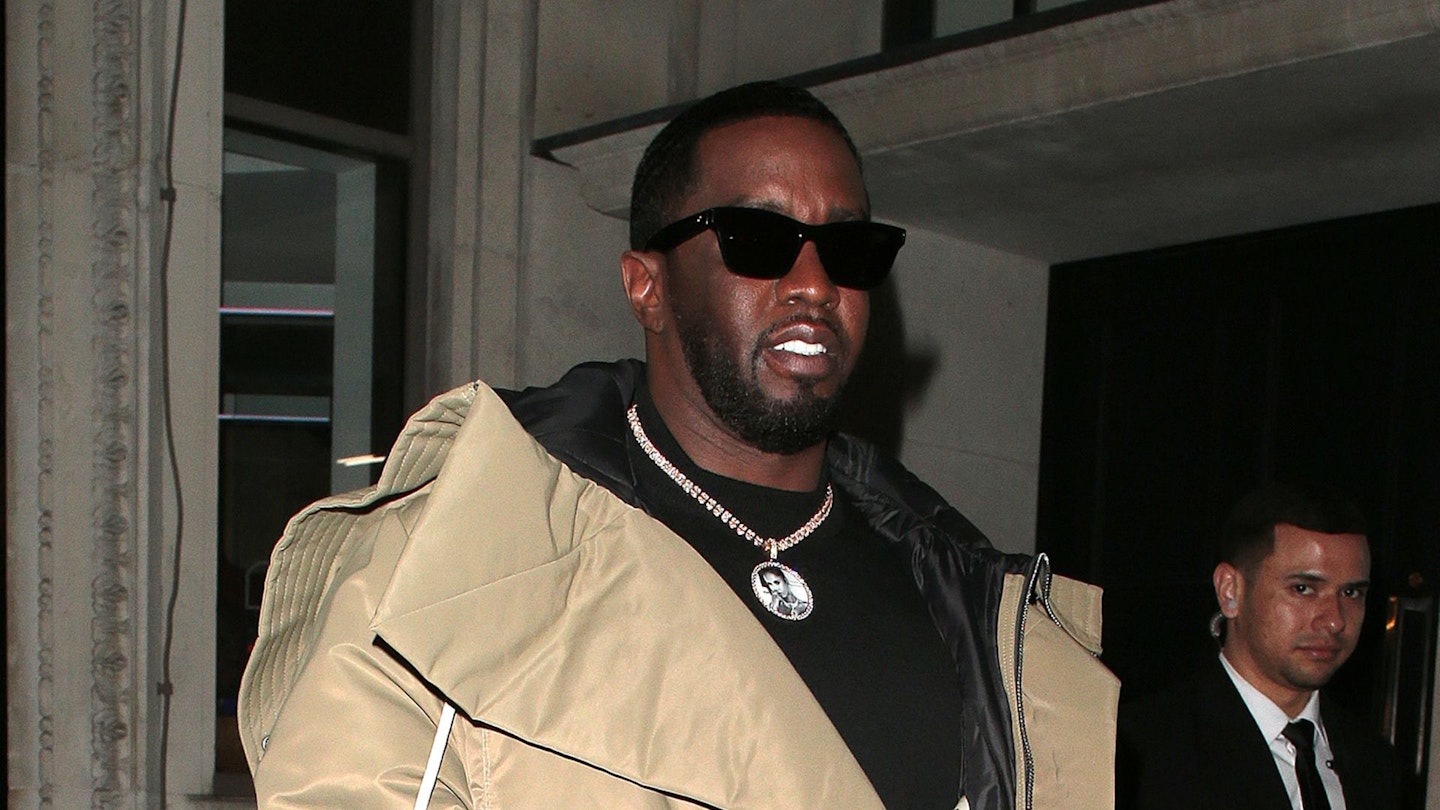The jury on Sean 'Diddy' Combs trial have reached a 'partial verdict' - on four of the five counts regarding sex trafficking and transportation to engage in prostitution, but not yet on his racketeering charge. As such, he has not yet been sentenced.
What does racketeering mean?
Racketeering is a type of organised crime in which the perpetrators set up a coercive, fraudulent, extortionary, or otherwise illegal coordinated scheme or operation known as a 'racket' to repeatedly or consistently make a profit. The term 'racketeering' was coined by the Employers' Association of Chicago in June 1927 in a statement about the influence of organised crime in the Teamsters Union.
Why can't the jury on Diddy's trial reach a verdict on the racketeering charge?
The racketeering charge has proved particularly contentious during the trial – in which Diddy pleaded not guilty to all charges – with the prosecution refining it just days before the closing arguments. Prosecutors allege that for more than two decades, Combs led a criminal enterprise – aided by employees and associates – that engaged in and worked to cover up a range of crimes including sex trafficking, kidnapping, forced labor, drug distribution, arson and bribery, enticement to engage in prostitution and obstruction of justice.
One of the cases the prosecution put forward was when the rapper Kid Cudi's car exploded in 2012. They argued that this was ordered by Diddy because Kid Cudi briefly dated Diddy's on-off girlfriend Cassie Ventura around this period, but his defence claim he did not have anything to do with it.
The prosecution needed to prove that he established a criminal enterprise and that he planned to commit at least two crimes with at least one other people over a period of years.
After 13 hours of deliberation, the panel of 12 said they could not reach a verdict on the racketeering charge because jurors on both sides were unmovable. Judge Arun Subramanian heard arguments from both the prosecution and the music mogul's defence attorneys on how to proceed, before urging the jurors to keep trying to come to a unanimous decision.
What happens when jurors are in deadlock?
Court reporters said the prosecution encouraged the judge to use an Allen charge, which is a set of instructions given to a hung jury to press its members to reach a unanimous decision. However, Allen charges are controversial due to the pressure they put on jurors in the minority to change their minds.
The jury will return to court today to further deliberate, but if they do not reach a decision, it could continue on 3 July. The court will be closed the following day for the 4 July bank holiday.
Robert Mintz, a criminal defence lawyer and former federal prosecutor told the BBC: 'That was always going to be the most challenging charge for prosecutors to get a conviction on. It's a very complicated charge, used typically in the past in organised crime prosecution and so it's not surprising that that is the one charge giving the jury the most difficulty.'
If convicted on that specific charge, Diddy faces a life sentence. However, he faces a statutory minimum sentence of 15 years if he is found guilty of sex trafficking and transportation for purposes of prostitution carries a maximum sentence of 10 years.
What happens if the jury cannot reach a verdict?
In the US, if jurors are unable to reach a unanimous verdict, it's considered a 'hungry jury', which means a mistrial is declared. If Diddy gets a mistrial due to a hung jury, the prosecution can choose to retry him with a new jury.
Nikki Peach is a writer at Grazia UK, covering pop culture, TV, news and features.
